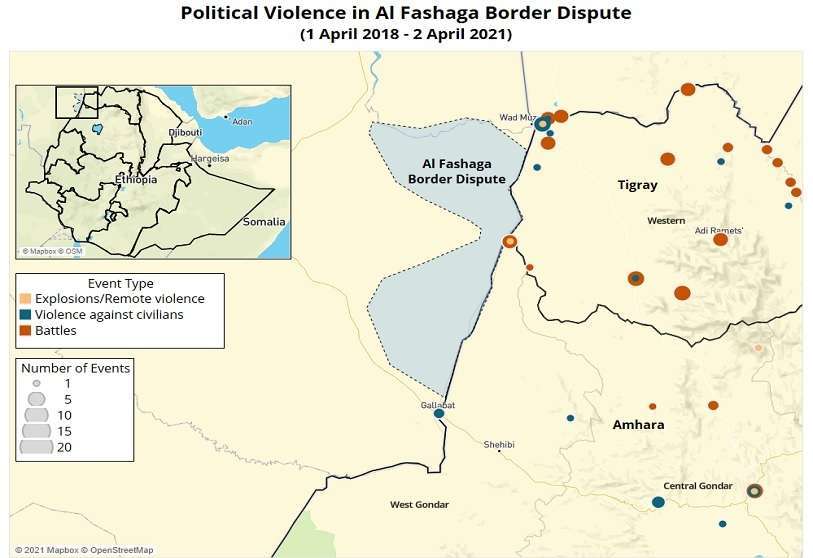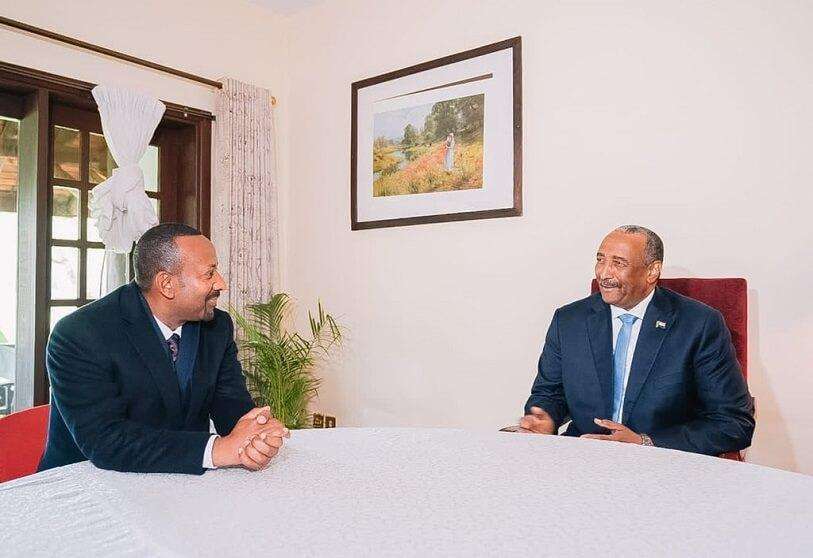Ethiopia and Sudan exchange 62 prisoners captured during border dispute over Al-Fashaga

Khartoum and Addis Ababa are one step closer to reconciliation in the Al-Fashaga border conflict - a region of very fertile land rich in oil reserves located in northeastern Sudan and legally under Khartoum's control, although in practice inhabited by Amharas of Ethiopian nationality. The exchange of 62 prisoners between the Sudanese armed forces and their Ethiopian counterpart at the Al Qalabat Pass - close to the line separating the two countries - has made this clear.
The press release issued by Sudan after the operation on Monday gave details of the exchange: the parties, meeting in Matamah under the auspices of the international Red Cross, handed over the 62 prisoners - 53 soldiers and Ethiopians and nine Sudanese individuals, including seven civilians and two military security personnel - on Sunday in an atmosphere of "positive cooperation and coordination between the two sides".
While the Sudanese authorities announced the exchange - and even the head of the Military Intelligence Division headed by the Second Infantry Division, Colonel Suileiman Abu Halima, and the Armed Forces spokesman Lieutenant Colonel Nabil Abdullah, said that this step demonstrated the intentions of the Sudanese Armed Forces to cooperate with international protocols and to safeguard human rights- Ethiopia was slow in notifying them. Addis Ababa did not make any information public until after midday (15:00 in the African country).

The 62 prisoners exchanged were arrested during the Ethiopian-Sudanese clashes that broke out in 2020 over control of the Al-Fashaga region. The territory - which had already been officially recognised as part of Sudan by both sides in 2008 - became a bone of contention again when the new Ethiopian government (installed in 2018) found that the largest ethnic group in Al-Fashaga, the Amhara, had not been consulted by the Tigray People's Liberation Front government in the drafting of the 2008 agreement.
A situation that in 2020 set the stage so that when Ethiopia's Abiy Ahmed Ali, winner of the 2019 Nobel Peace Prize, ordered the launch of an offensive against Tigray - bordering the Al-Fashaga region - Khartoum took the opportunity to deploy its troops to the region that - on paper - belongs to it. The direct confrontation between the two sides began.

From then until today, Khartoum has argued that Ethiopian farmers in the region were farming within its territory under the protection of Addis Ababa militias, while Addis Ababa accused its counterpart of expelling Amhara farmers and carrying out "organised attacks" on the Ethiopian side of the border. Dozens of soldiers from both sides lost their lives in the fighting.
Now, the positions of Khartoum and Addis Ababa - already at loggerheads over key international issues such as the construction of the Grand Ethiopian Renaissance Dam, which raises concerns about access to water from the Nile River in countries such as Egypt and Sudan - remain at odds with each other over the Al-Fashaga conflict. Sudan argues that there is no border dispute, that the territory belongs to it as per the 1902 agreement signed with the then colonial power, Britain. Ethiopia, on the other hand, advocates an amicable solution to the conflict that takes into account the situation of the Amhara inhabitants of Al-Fashaga.









